 推荐消息更多>>
推荐消息更多>>罗茨鼓风机叶轮:材质选择的 “硬核” 学问
- 来源:https://www.sdxinlujx.com/ 日期:2025-07-04 发布人:创始人
在工业气体输送领域,罗茨鼓风机凭借稳定的容积式送风特性,成为污水处理、气力输送、水产养殖等场景的 “得力干将”。而作为其核心部件的叶轮,材质选择直接关乎设备的效率、寿命与可靠性。面对不同的工况挑战,如何为叶轮挑选合适的 “铠甲”?这背后藏着从性能需求到环境适配的多维度考量。
In the field of industrial gas transportation, Roots blowers have become a powerful force in sewage treatment, pneumatic conveying, aquaculture and other scenarios due to their stable volumetric air supply characteristics. As the core component of the impeller, the material selection directly affects the efficiency, lifespan, and reliability of the equipment. How to choose the appropriate "armor" for the impeller in the face of different working conditions challenges? Behind this lies a multidimensional consideration from performance requirements to environmental adaptation.
罗茨鼓风机的叶轮在高速旋转中承担着推送气体的重任,其材质需满足 “强抗压、耐磨损、抗腐蚀、耐高温” 等多重要求,而这些特性的优先级由实际工况决定。
The impeller of the Roots blower bears the responsibility of pushing gas during high-speed rotation, and its material needs to meet multiple requirements such as "strong compression resistance, wear resistance, corrosion resistance, and high temperature resistance", and the priority of these characteristics is determined by the actual working conditions.
1. 介质特性:对抗 “无形杀手” 的第一道防线
1. Media characteristics: the first line of defense against "invisible killers"
清洁气体输送:若输送空气、氮气等洁净介质,叶轮材质可优先考虑性价比。灰铸铁(如 HT250)是常见选择,其铸造性能优异、成本低廉,且具有一定的耐磨性与刚性,能满足大多数常规工况。例如在水产养殖增氧场景中,叶轮长期接触潮湿空气,铸铁表面经防锈处理(如喷涂环氧树脂)后,可有效抵御水汽侵蚀,使用寿命可达 5-8 年。
Clean gas transportation: If transporting clean media such as air and nitrogen, the impeller material can be prioritized for cost-effectiveness. Gray cast iron (such as HT250) is a common choice due to its excellent casting performance, low cost, and certain wear resistance and rigidity, which can meet most conventional working conditions. For example, in the aerobic scenario of aquaculture, the impeller is exposed to humid air for a long time. After rust prevention treatment (such as spraying epoxy resin) on the cast iron surface, it can effectively resist water vapor erosion and have a service life of 5-8 years.
含粉尘 / 颗粒气体:当介质中含有粉尘(如水泥输送、谷物加工),叶轮面临强烈的冲刷磨损,需强化耐磨性。球墨铸铁(如 QT400-18)或合金铸铁(添加铬、钼等元素)成为优选,其基体组织更细密,硬度可达 HB200-250,抗颗粒冲击能力比普通铸铁提升 30% 以上。部分工况还会采用表面硬化处理,如渗氮、堆焊耐磨焊条,在叶轮边缘等易损部位形成保护层,减缓磨损速率。
Containing dust/particulate gas: When the medium contains dust (such as cement transportation, grain processing), the impeller faces strong erosion and wear, and the wear resistance needs to be strengthened. Ductile iron (such as QT400-18) or alloy cast iron (with added elements such as chromium and molybdenum) are preferred, as their matrix structure is finer and their hardness can reach HB200-250. Their resistance to particle impact is increased by more than 30% compared to ordinary cast iron. Some working conditions may also use surface hardening treatment, such as nitriding and welding wear-resistant electrodes, to form a protective layer on vulnerable parts such as the impeller edge, slowing down the wear rate.
腐蚀性气体:输送硫酸、盐酸、硫化氢等腐蚀性介质时,材质需具备抗化学侵蚀能力。铝合金(如 ADC6)凭借表面自然形成的氧化铝薄膜,在中性或弱酸性环境中表现优异,且质量轻(密度仅为铸铁的 1/3),可降低叶轮转动惯量,提升风机效率。但在强酸性或含氯离子环境中,需选用不锈钢材质(如 304、316L),其中 316L 因添加钼元素,抗点蚀能力显著增强,适用于化工、制药等严苛场景。
Corrosive gases: When transporting corrosive media such as sulfuric acid, hydrochloric acid, hydrogen sulfide, etc., the material must have chemical resistance. Aluminum alloys (such as ADC6) exhibit excellent performance in neutral or weakly acidic environments due to the naturally formed aluminum oxide film on their surface. They are also lightweight (with a density only one-third of cast iron), which can reduce the rotational inertia of the impeller and improve the efficiency of the fan. However, in strongly acidic or chloride containing environments, stainless steel materials (such as 304, 316L) need to be selected. Among them, 316L has significantly enhanced pitting corrosion resistance due to the addition of molybdenum element, making it suitable for harsh scenarios such as chemical and pharmaceutical industries.

2. 工况参数:应对 “极端环境” 的硬性指标
2. Operating parameters: Hard indicators for dealing with "extreme environments"
温度挑战:普通铸铁叶轮适用温度一般不超过 200℃,超过此范围需改用耐热材料。高温工况(如窑炉烟气输送)中,球墨铸铁经退火处理可耐受 300℃短期高温,而镍铬合金铸铁(如 Ni-Hard)或铸钢(如 ZG230-450)能在 400-500℃环境中长期稳定运行,其金相组织中的碳化物分布均匀,避免了高温下的晶粒粗大与强度衰减。
Temperature challenge: Ordinary cast iron impellers are generally suitable for temperatures not exceeding 200 ℃, and heat-resistant materials need to be used if this range is exceeded. In high-temperature conditions (such as furnace flue gas transportation), ductile iron can withstand short-term high temperatures of 300 ℃ after annealing treatment, while nickel chromium alloy cast iron (such as Ni Hard) or cast steel (such as ZG230-450) can operate stably in an environment of 400-500 ℃ for a long time. The carbide distribution in its metallographic structure is uniform, avoiding grain coarsening and strength degradation at high temperatures.
压力与转速:高压型罗茨鼓风机(如升压超过 50kPa)对叶轮强度要求更高。铸钢叶轮(如 ZG310-570)的抗拉强度可达 570MPa,是灰铸铁的 2 倍以上,能承受高速旋转时的离心力与气体反作用力,减少变形风险。在高转速场景(如 2000rpm 以上),轻质材料如铝合金或碳纤维增强复合材料更具优势,可降低叶轮不平衡量,减少振动与噪声。
Pressure and speed: High pressure Roots blowers (such as those with a pressure increase exceeding 50kPa) require higher impeller strength. The tensile strength of cast steel impellers (such as ZG310-570) can reach 570MPa, which is more than twice that of gray cast iron. They can withstand the centrifugal force and gas reaction force during high-speed rotation, reducing the risk of deformation. In high-speed scenarios (such as above 2000rpm), lightweight materials such as aluminum alloy or carbon fiber reinforced composite materials have more advantages, which can reduce the unbalance of the impeller, reduce vibration and noise.
本文由罗茨鼓风机友情奉献.更多有关的知识请点击:https://www.sdxinlujx.com我们将会对您提出的疑问进行详细的解答,欢迎您登录网站留言.
This article is a friendly contribution from Roots blower For more information, please click: https://www.sdxinlujx.com We will provide detailed answers to your questions. You are welcome to log in to our website and leave a messag
- 上一篇: 气力输送的 “动力心脏”:罗茨鼓风机的核心使命
- 下一篇: 仓泵:高压密相气力输送的核心设备
Related news相关新闻
- 2025-10-25磁悬浮鼓风机:节能环保高效的气体输送设备
- 2025-10-24气力输送系统输送时物料易破碎怎么办?
- 2025-10-23旋转供料器在粉体输送中发挥中锁风下料、定量吹送的作用
- 2025-10-22仓泵在气力输送“心脏”中,扮演着重要角色
- 2025-10-21负压气力输送适合输送哪些类型的物料?
- 2025-10-20安全使用高压罗茨鼓风机必须要注意的8个方面
- 2025-10-18三叶罗茨风机经过频繁检修后,整理的常见故障原因和解决方法
- 2025-10-17高压罗茨鼓风机节能省电的方法和运行中的摩擦原因
- 2025-10-16高压罗茨风机 VS 离心风机,区别有哪些?
- 2025-10-15高压罗茨风机的产品介绍和适用场景


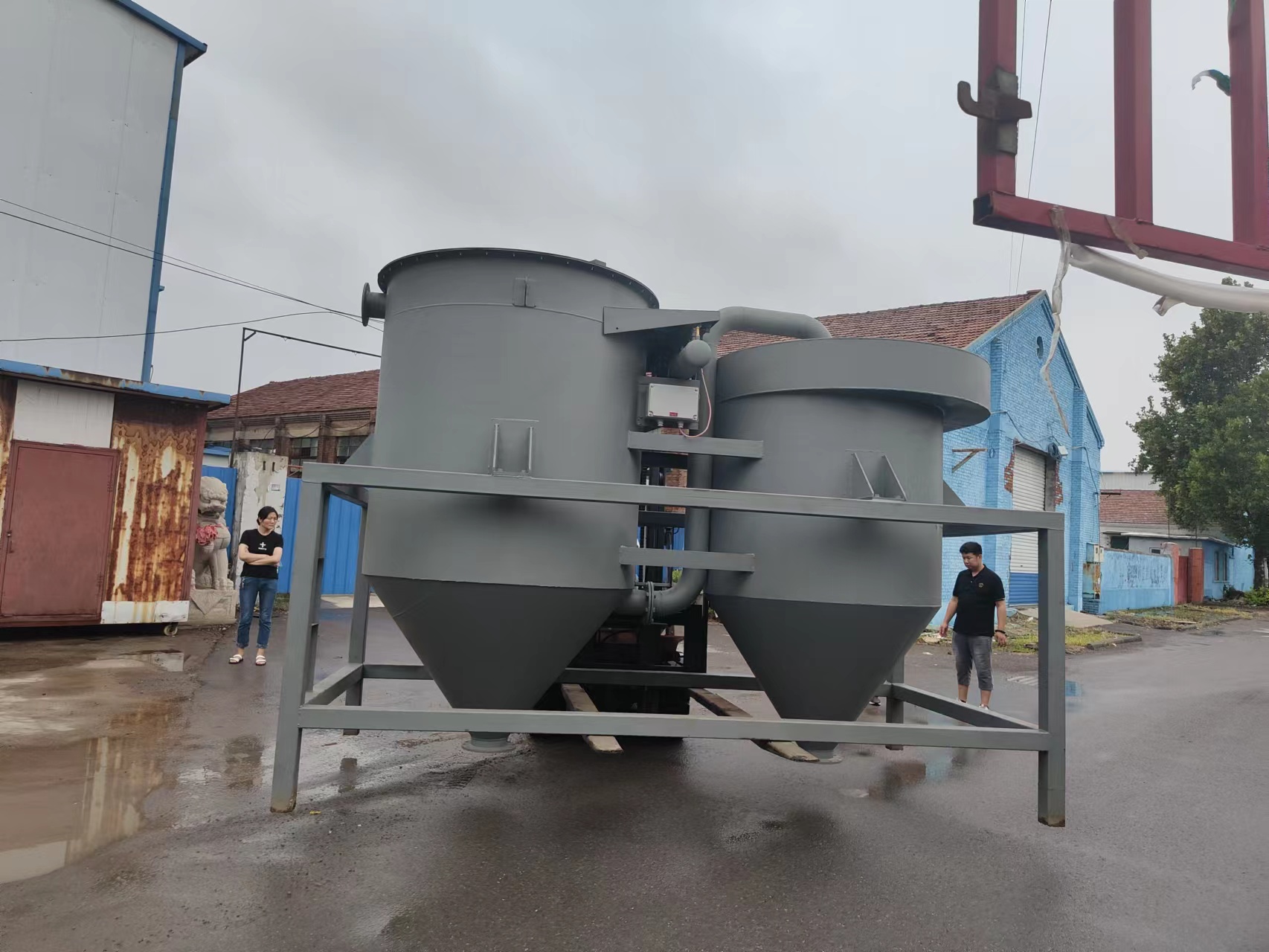
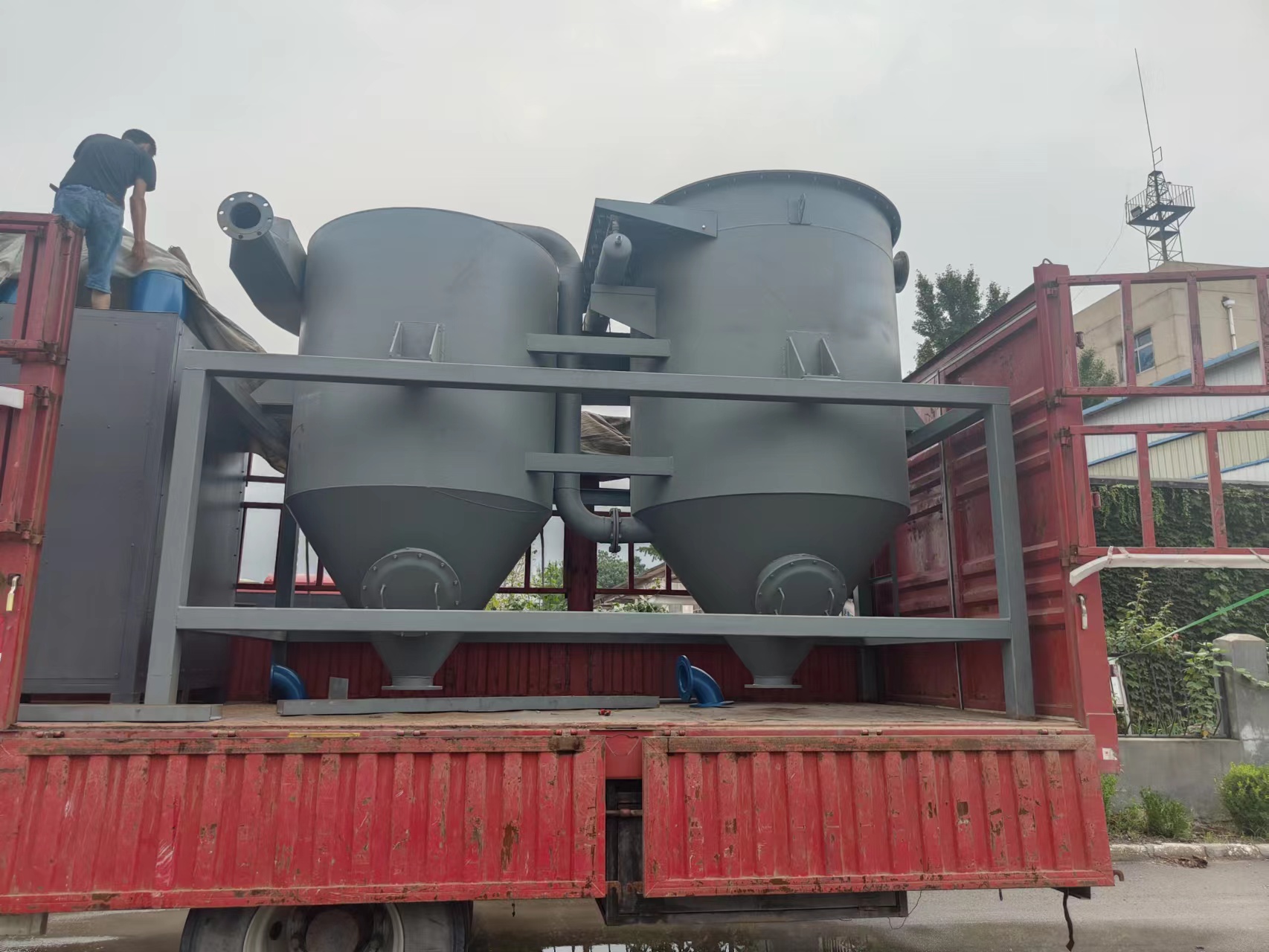
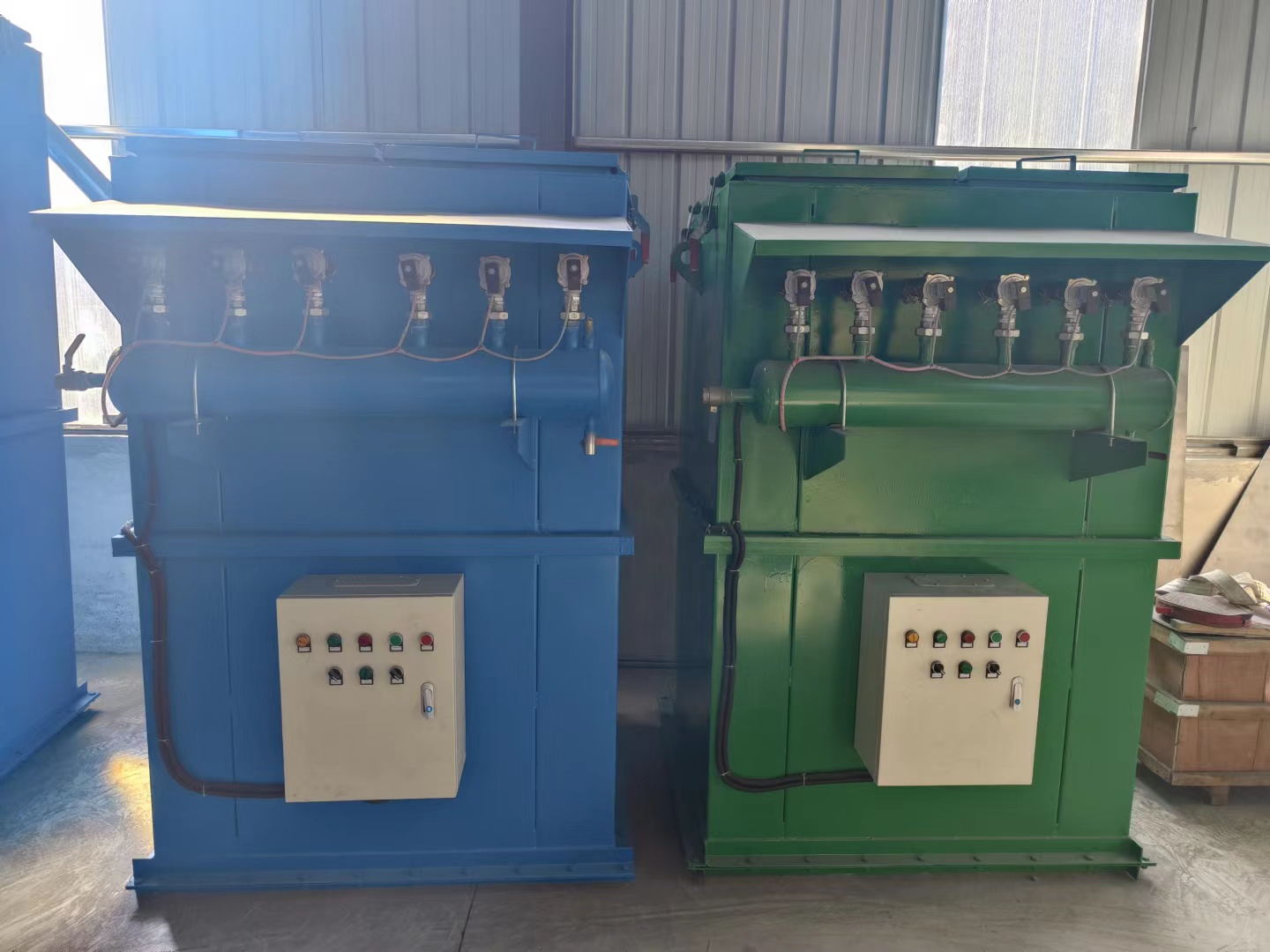
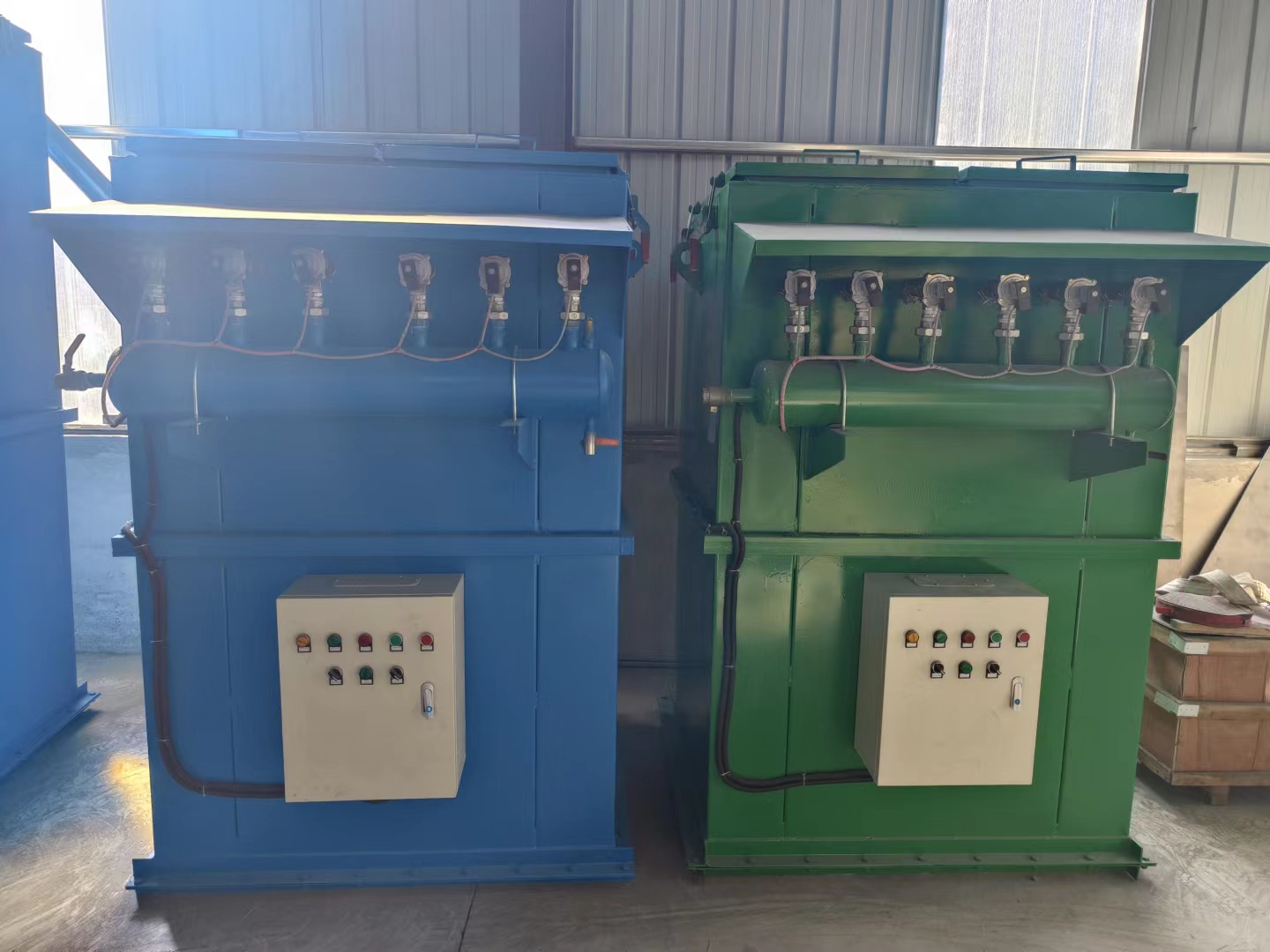
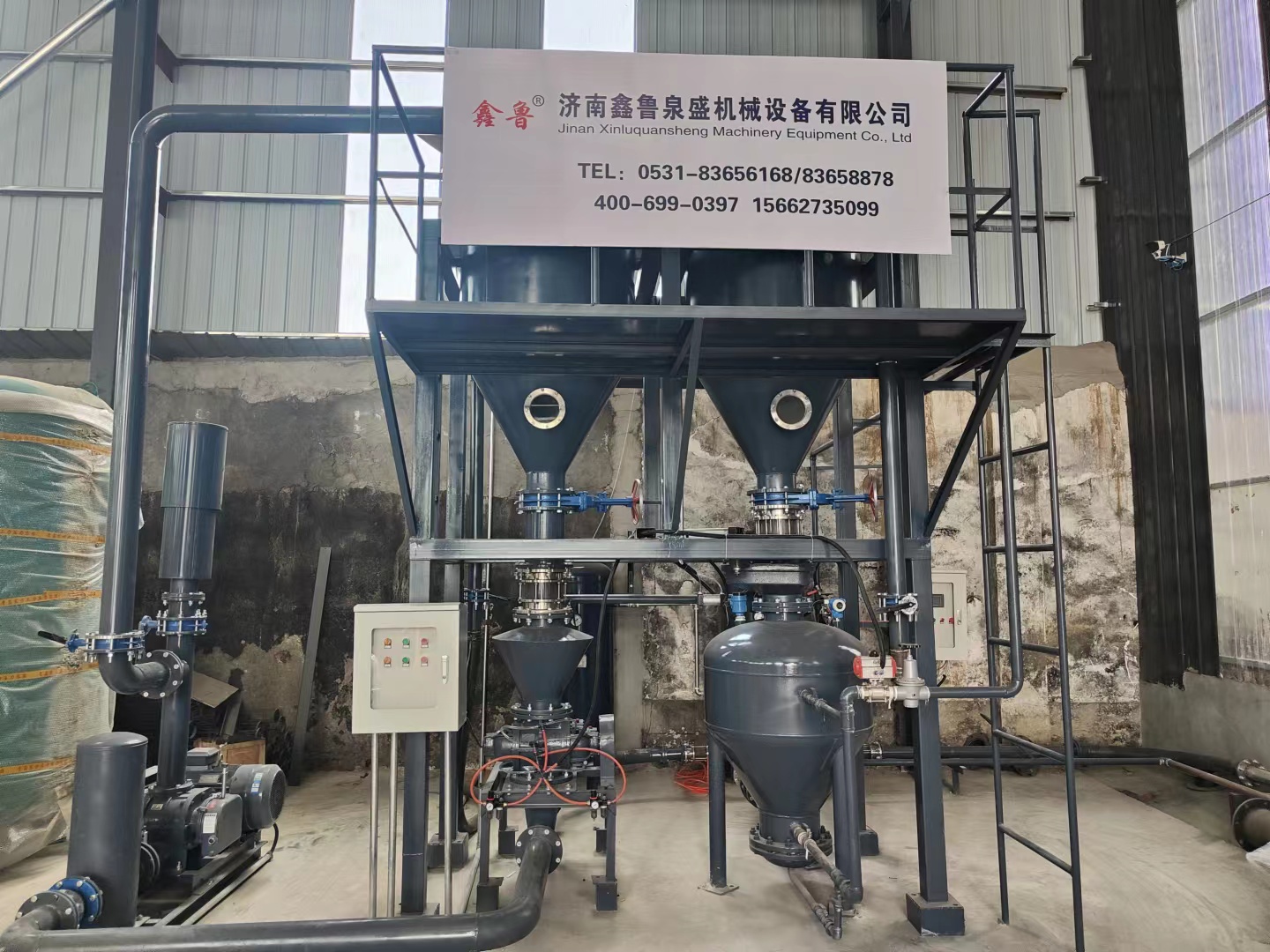
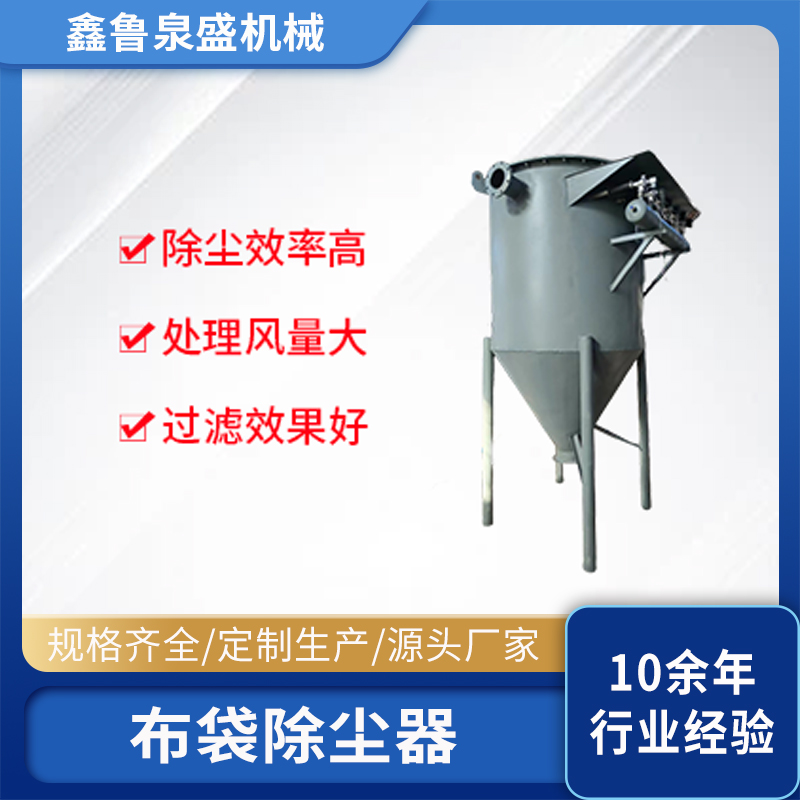
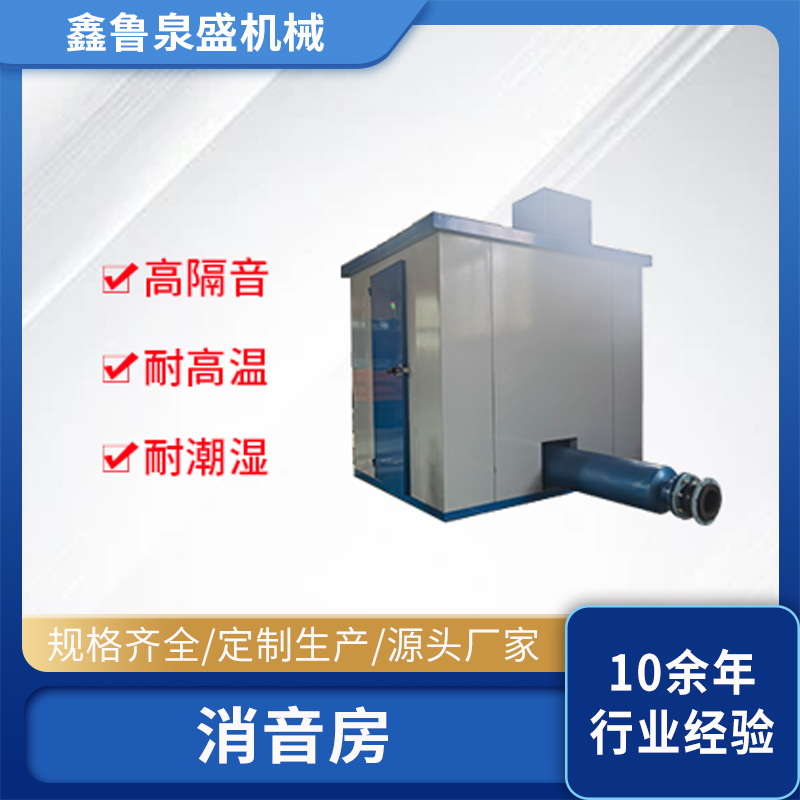
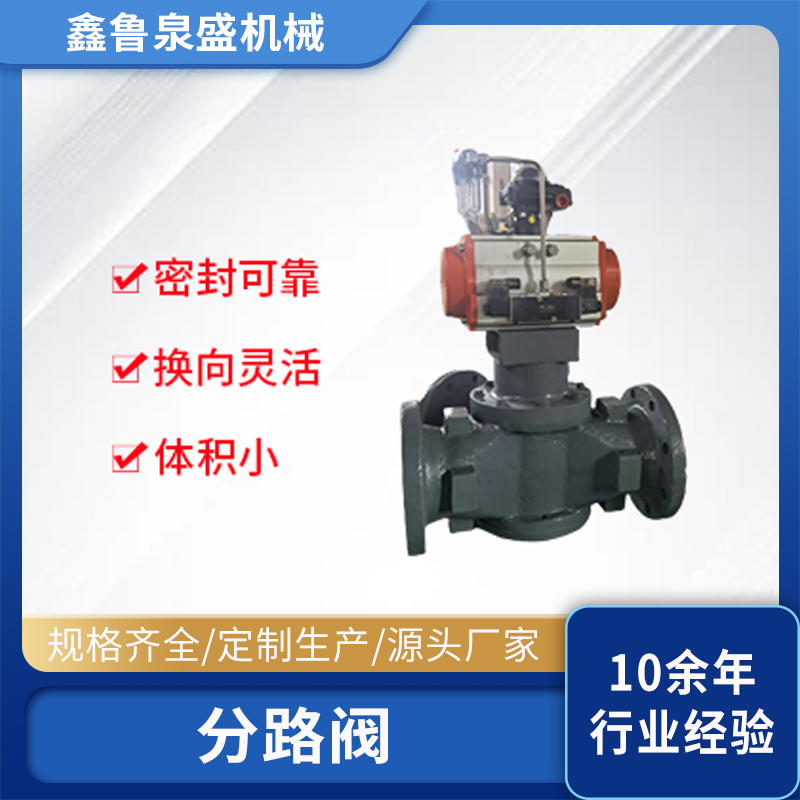

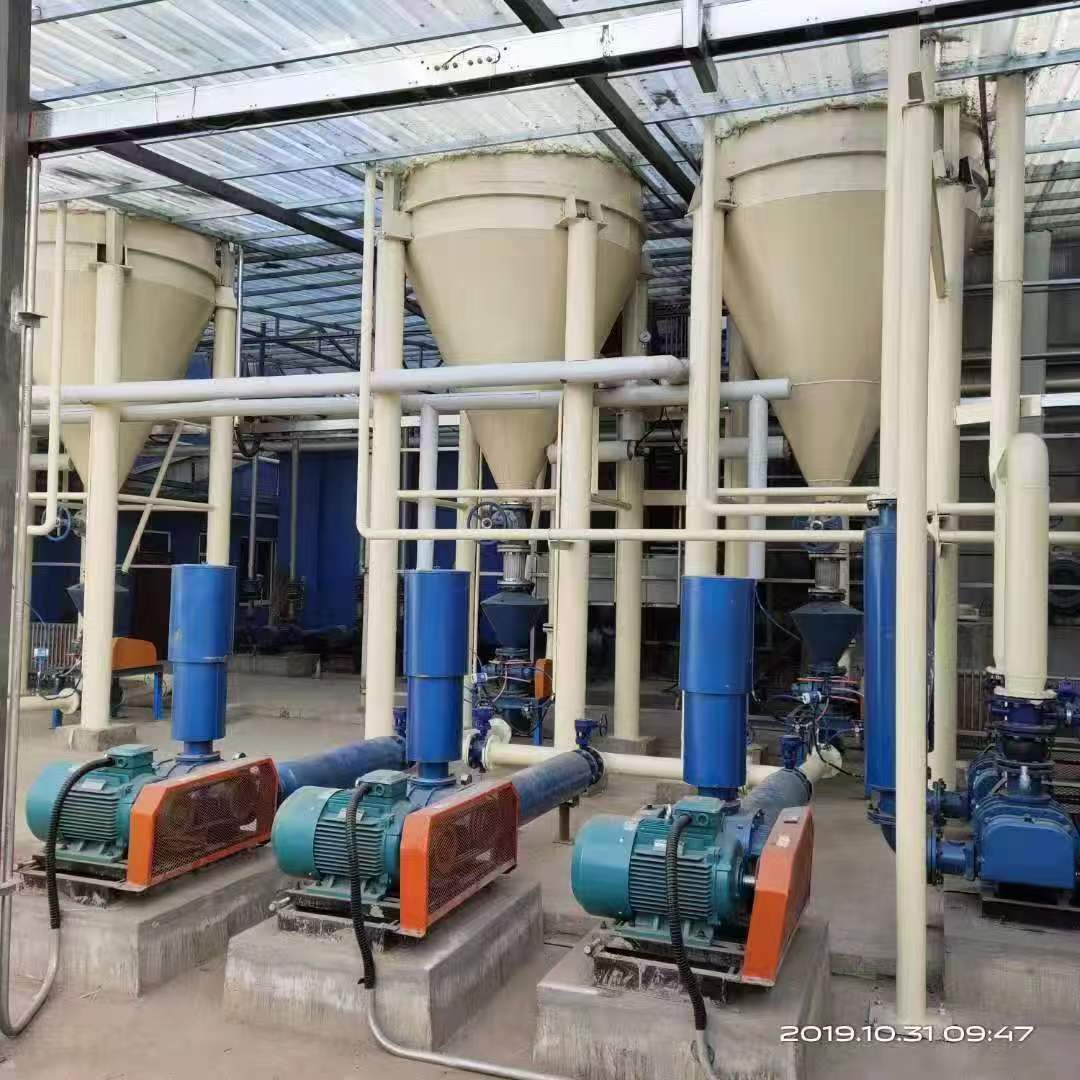
 扫码微信沟通
扫码微信沟通